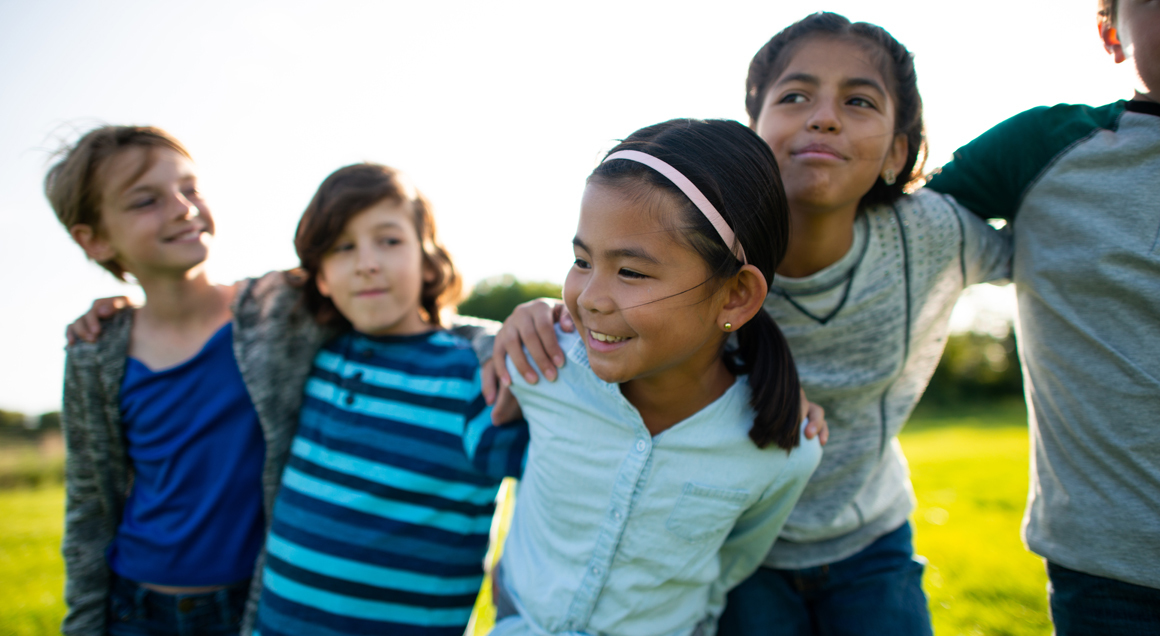Is It Beneficial To Assign Gen Alpha Kids A Curfew?

As the youngest generation, known as Gen Alpha, begins to navigate the complexities of childhood in a technology-driven world, parents are faced with important questions about their upbringing. One of the most debated topics among caregivers is whether assigning a curfew to these kids is beneficial or unnecessary. Curfews have long been a staple in parenting, intended to promote safety and structure. However, with the unique challenges and opportunities that Gen Alpha presents, it’s essential to examine the implications of imposing such restrictions on their daily lives.
Curfews can offer a sense of security, but they can also cause friction between parents and children. As children grow and develop their identities, how much freedom should they be granted? The nuances of parenting have evolved, and understanding the balance between discipline and independence is crucial. In this article, we will explore the various aspects of assigning a curfew to Gen Alpha kids and whether it is indeed a good idea.
By delving into the psychology of this generation, we will assess how curfews influence their behavior, social interactions, and emotional well-being. The goal is to provide insights that help parents make informed decisions about curfews and their role in raising confident, responsible children.
What Defines Generation Alpha?
Generation Alpha refers to children born from 2010 to 2025, making them the first generation to be fully raised in the digital age. They are characterized by their exposure to technology from an early age, which shapes how they learn, communicate, and socialize. Understanding the unique characteristics of Gen Alpha is essential for parents who want to implement effective parenting strategies, including curfews.
Why Are Curfews Important for Kids?
Curfews serve several purposes when it comes to parenting. Here are some reasons why parents may consider assigning a curfew to their children:
- Safety: Curfews can help ensure that children are home at a certain time, reducing the likelihood of them getting into potentially dangerous situations.
- Structure: Having a set time for when children should be home can provide a sense of routine that is beneficial for their development.
- Accountability: Curfews encourage kids to take responsibility for their actions and understand the consequences of their choices.
Is It Good to Assign Gen Alpha Kids a Curfew?
When considering whether to assign Gen Alpha kids a curfew, parents need to evaluate their child’s maturity, social environment, and individual needs. While some children may thrive under a curfew, others may feel constrained and rebellious. Understanding the child’s personality and their understanding of responsibility is key to making this decision.
How Can Curfews Foster Independence?
Contrary to popular belief, curfews can be designed to foster independence rather than restrict it. Here’s how:
- Open Communication: Setting a curfew invites discussions about trust and responsibility, allowing children to express their opinions and negotiate.
- Gradual Freedom: Parents can gradually extend curfew hours as their children demonstrate responsibility, teaching them to manage their time effectively.
- Decision-Making Skills: A curfew encourages kids to plan their activities and make choices, thereby enhancing their decision-making skills.
Can Curfews Lead to Rebel Behavior?
One concern that parents often have is whether assigning a curfew may lead to rebellious behavior. While some children may react negatively to restrictions, it’s crucial to find a balance. Establishing curfews with input from the child can help mitigate feelings of rebellion. Here are some tips:
- Involve Them in the Process: Allowing children to participate in setting their curfew can increase their sense of ownership and reduce resentment.
- Be Consistent: Consistency is key in enforcing curfews. Changing rules can create confusion and lead to defiance.
- Explain the Reasons: Helping children understand the rationale behind the curfew can promote compliance and appreciation.
What Are the Alternatives to Curfews?
While curfews can be effective, they aren’t the only approach to ensuring children are safe and responsible. Here are some alternatives:
- Trust-Based Agreements: Instead of a strict curfew, parents can create agreements based on trust and responsibility.
- Technology Monitoring: Utilizing technology to keep track of children’s whereabouts can provide peace of mind without imposing a curfew.
- Open Dialogue: Encouraging open discussions about activities and social plans can foster a sense of responsibility without strict limitations.
How Does Technology Influence Curfews for Gen Alpha?
With technology being an integral part of Gen Alpha's lives, it significantly impacts how curfews are perceived and enforced. Parents can leverage technology for better communication and safety. For instance:
- Location Tracking: Apps that allow parents to track their children’s location can provide reassurance without the need for strict curfews.
- Regular Check-Ins: Texting or calling can act as a modern-day curfew check-in, allowing kids to feel independent while still being accountable.
- Social Media Awareness: Monitoring social media activity can help parents understand their child's social circles and assess any potential risks.
What Are the Long-Term Effects of Curfews on Children?
Research suggests that curfews can have both positive and negative long-term effects on children. Here are some potential outcomes:
- Positive Effects: Children who have curfews may develop a greater sense of responsibility, time management skills, and respect for authority.
- Negative Effects: Conversely, overly strict curfews may lead to feelings of resentment, mistrust, and rebellion, which could affect the parent-child relationship.
Conclusion: Is It Good to Assign Gen Alpha Kids a Curfew?
In conclusion, the decision of whether to assign a curfew to Gen Alpha kids is multifaceted and highly dependent on individual circumstances. Understanding the child’s personality, the parent-child relationship, and the social environment can guide parents in making this decision. Curfews can serve as a valuable tool for promoting safety and responsibility, but they must be approached thoughtfully to avoid potential pitfalls. Ultimately, the goal is to raise children who are both independent and accountable, capable of navigating the complexities of life in a digital age.
ncG1vNJzZmivp6x7o77EnKKepJxjwqx7w6KqnKemmr%2BmsJNooKxlmal6qLvOnWStp12WwKqzzWaenqZdlrmxtMBmoqKco2Kubq%2FUq52er16dwa64
